- Doctors & Departments
-
Conditions & Advice
- Overview
- Conditions and Symptoms
- Symptom Checker
- Parent Resources
- The Connection Journey
- Calm A Crying Baby
- Sports Articles
- Dosage Tables
- Baby Guide
-
Your Visit
- Overview
- Prepare for Your Visit
- Your Overnight Stay
- Send a Cheer Card
- Family and Patient Resources
- Patient Cost Estimate
- Insurance and Financial Resources
- Online Bill Pay
- Medical Records
- Policies and Procedures
- We Ask Because We Care
Click to find the locations nearest youFind locations by region
See all locations -
Community
- Overview
- Addressing the Youth Mental Health Crisis
- Calendar of Events
- Child Health Advocacy
- Community Health
- Community Partners
- Corporate Relations
- Global Health
- Patient Advocacy
- Patient Stories
- Pediatric Affiliations
- Support Children’s Colorado
- Specialty Outreach Clinics
Your Support Matters
Upcoming Events
Child Life 101
Wednesday, June 12, 2024Join us to learn about the work of a child life specialist, including...
-
Research & Innovation
- Overview
- Pediatric Clinical Trials
- Q: Pediatric Health Advances
- Discoveries and Milestones
- Training and Internships
- Academic Affiliation
- Investigator Resources
- Funding Opportunities
- Center For Innovation
- Support Our Research
- Research Areas

It starts with a Q:
For the latest cutting-edge research, innovative collaborations and remarkable discoveries in child health, read stories from across all our areas of study in Q: Advances and Answers in Pediatric Health.
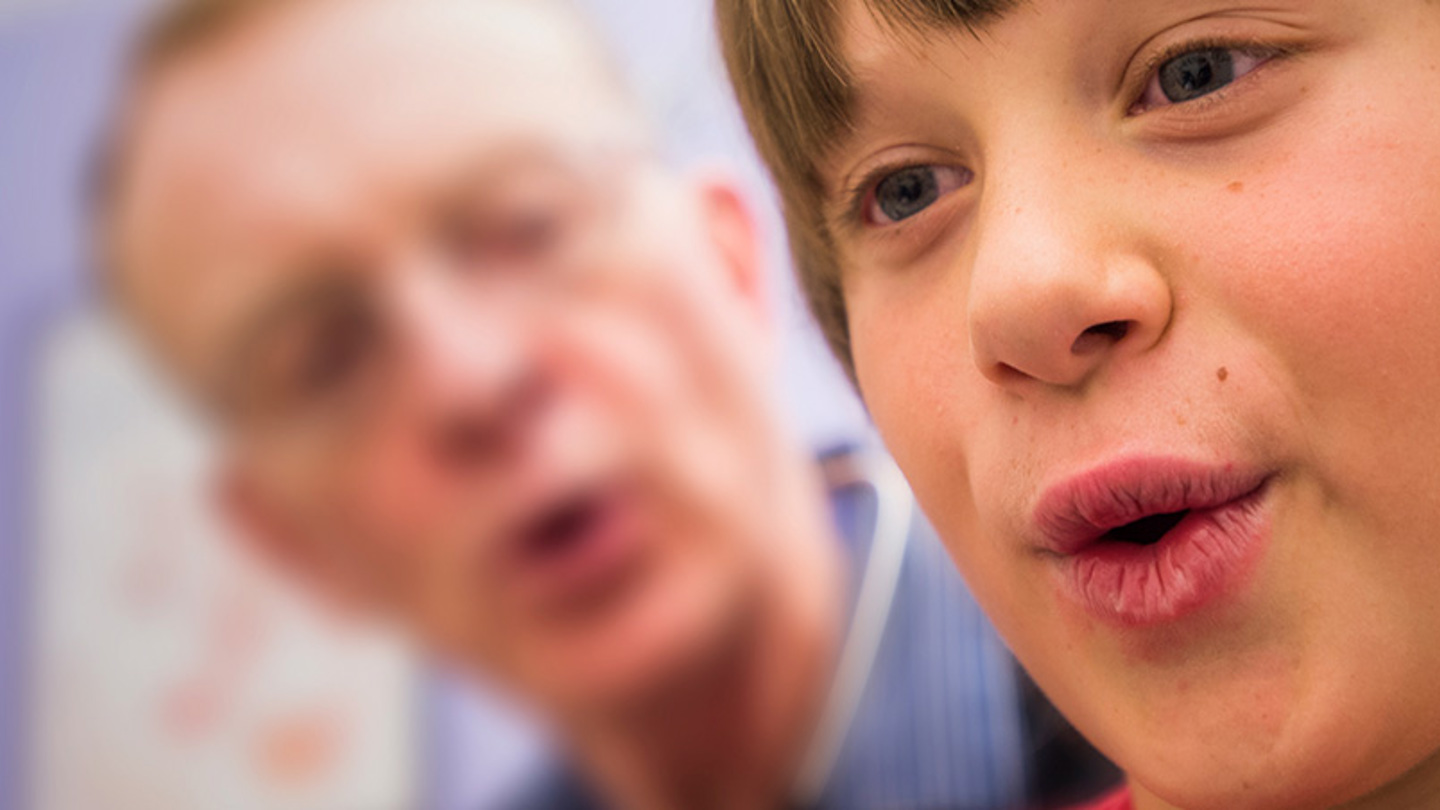
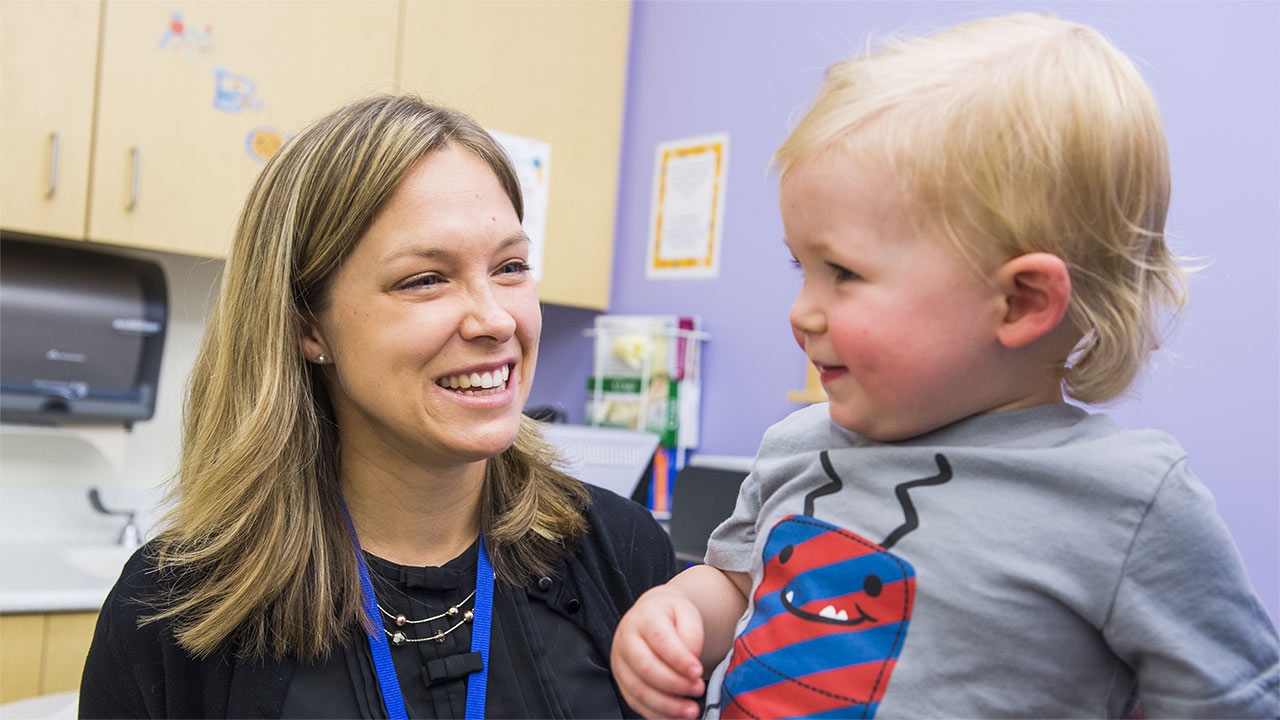
The Aerodigestive Program at Children’s Hospital Colorado is dedicated to providing comprehensive, state-of-the-art evaluation and management for children with complex airway, respiratory and gastrointestinal tract disorders. We call this area the “aerodigestive tract,” and it includes the organs and tissues of the respiratory tract and the upper part of the digestive tract. We are dedicated to finding the answers and treatment your child and family needs while focusing on quality, safety and cost of care.
Why choose the Aerodigestive Program
The Aerodigestive Program is one of the most complete multidisciplinary programs in the United States and includes pediatric specialists in anesthesiology, ENT, gastroenterology, pulmonology, feeding, swallowing and nutrition. In addition, we work closely with our pediatric surgery colleagues and other services as the need arises. We are recognized as leaders in our field for our clinical care as well as our research and innovation.
Our Aerodigestive Program providers dedicate the majority of their patient care to complex airway, respiratory and gastrointestinal tract disorders. We work together treating children all day, every day – making us experts when it comes to caring for kids. This dedication is critical for finding the right answers in a timely and safe fashion. In addition, our collaborative approach leads to new, innovative methods of problem solving.
Our patients' families are essential partners with the healthcare team and active participants in planning each child’s treatment course. This family-centered approach allows for greater efficiency in scheduling visits and procedures, as well as providing our team with ongoing quality and process improvement opportunities. Family-centered care also provides the opportunity for improved patient and family education, which can help improve the overall patient experience and outcome.
Conditions we treat
- Laryngeal and tracheal stenosis: a condition that occurs when a child’s airway is too narrow. Our team uses endoscopic and open airway procedures for this condition.
- Tracheostomy dependence: the need for a tracheostomy device, a device placed through the neck directly into the trachea, to ensure a safe airway
- Vocal cord paralysis/immobility: when one or both vocal cords do not move normally and may result in voice, swallowing and breathing problems
- Aspiration: when food and drink enter the airway instead of the esophagus
- Swallowing disorder/dysphagia: difficulty feeding
- Gastroesophageal reflux: when stomach contents return to the esophagus more than anticipated
- Tracheoesophageal fistula/esophageal atresia: a congenital condition (present at birth) in which the airway and esophagus are connected, often with an incomplete esophagus
- Syndromes associated with recurrent respiratory and gastrointestinal tract problems: examples include Down syndrome, cerebral palsy, CHARGE syndrome and other conditions that affect neurologic and muscular control
- Sialorrhea: excessive saliva, which may cause issues with aspiration and pneumonia
- Bronchopulmonary dysplasia and other chronic lung diseases associated with prematurity and prolonged ventilation
- Bronchiectasis: scarring of lung tissue
- Breathing problems with concerns for gastroesophageal reflux and/or aspiration
- Airway malacia: a softness and collapsibility of the airway, which can affect the larynx (voice box), trachea and bronchi
- Laryngeal cleft: an abnormal condition of the larynx (voice box) that can allow aspiration
- Tracheomalacia: the trachea closes to half of its normal size or smaller because the cartilage cannot support the opening
- Recurrent or unexplained respiratory symptoms
The Aerodigestive Program team
Our core team consists of devoted and highly-skilled physicians, advanced practice providers, therapists, nurses and other health care professionals, including experts from:
- Anesthesiology
- Breathing Institute
- Otolaryngology (ENT)
- Digestive Health Institute (Gastroenterology)
- Nutrition
- Speech pathology
- Occupational therapy
- Respiratory therapy
- Social work
The Aerodigestive Program team provides:
- Pre-visit review of records from previous clinic visits, testing and procedures.
- Coordinated ancillary testing if needed, including swallowing and breathing evaluations, X-rays, CT scans, etc. Additional testing is performed before and during clinic visits as needed, making your child’s visit as efficient as possible.
- Comprehensive same-day visits in one clinic space with experts from pulmonary; ear, nose and throat (ENT); gastrointestinal (GI); nutrition; speech and language pathology, occupational therapy and other services as needed. If procedures are planned, an anesthesiology visit is also conducted. Your aerodigestive team members are all in the clinic space together, communicating with each other.
- Combined multispecialty procedures to avoid the need for multiple sedation and anesthetic exposures. Your aerodigestive team members are in the operating room together, communicating with each other developing a management plan to communicate with you after the procedure.
- Coordinated communication with your child’s primary care provider and healthcare team.
- Excellent patient education and family satisfaction. Our goal is to return a care plan to you and your healthcare team within two weeks of our evaluation.
- A focus on quality outcomes for patients with complex health problems.
Learn how our multidisciplinary care can make things easier for your family.
Ongoing research and publications to improve patient outcomes and safety
Our team is dedicated to finding answers. Our program has numerous research projects to evaluate the success and outcomes of our treatments in an attempt to provide better outcomes with more efficiency and less cost. Such projects currently include: evaluating the results and impacts that our procedural testing has on our patients, evaluating the flow of the operating room for multidisciplinary procedures and developing new and safer endoscopic procedural techniques.
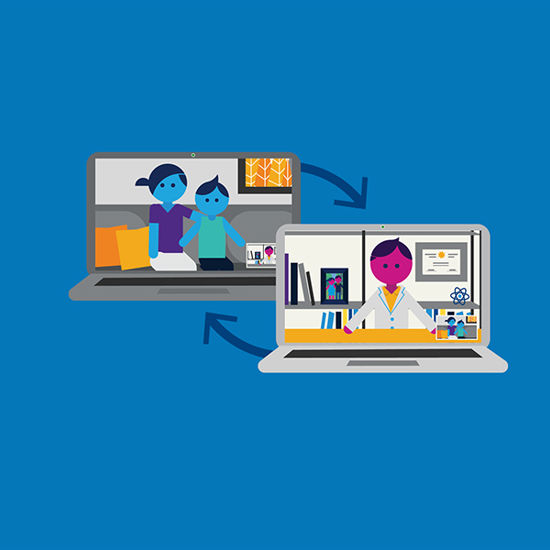
Compassionate care, wherever you are
We’re here when you need us. Telehealth appointments are available across every specialty, so you can get the high-quality care we’ve always offered from the comfort, privacy and convenience of home.
See if telehealth is right for you
Get to know our pediatric experts.
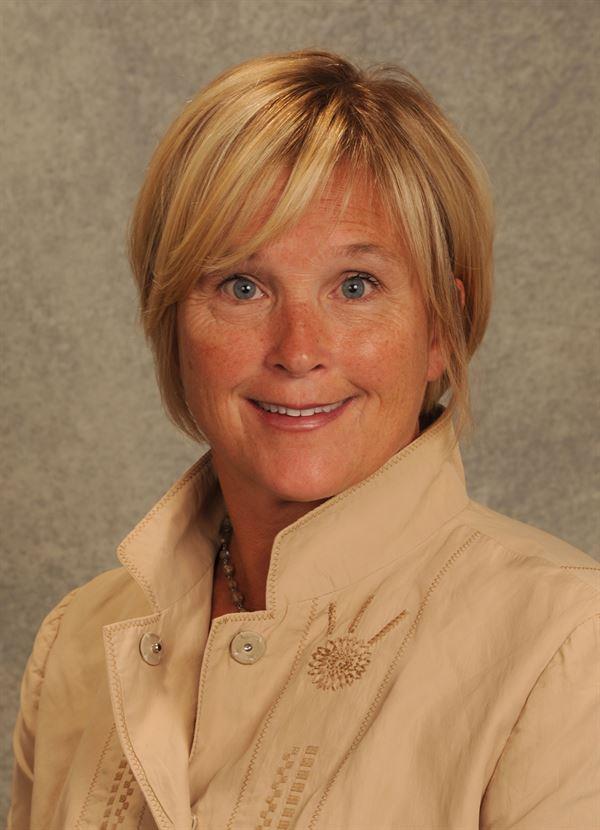
Lisa Connell, CPNP-AC
Certified Pediatric Nurse Practitioner, Certified Pediatric Nurse Practitioner
Patient ratings and reviews are not available Why?
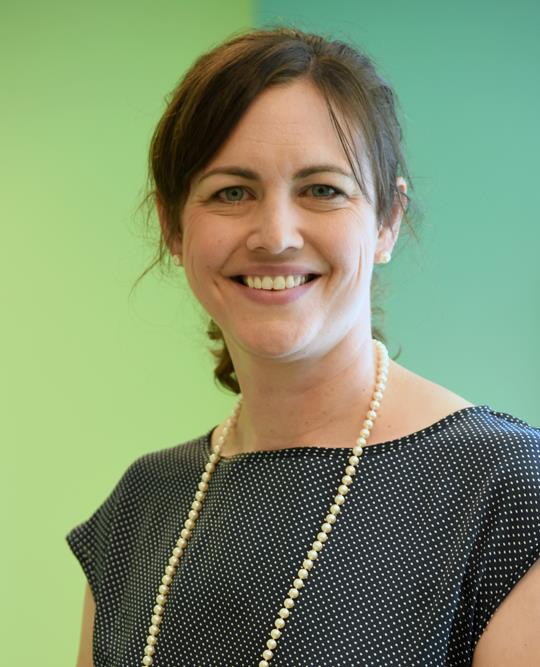
Grace Houser, MD
Pulmonology - Pediatric, Pediatrics
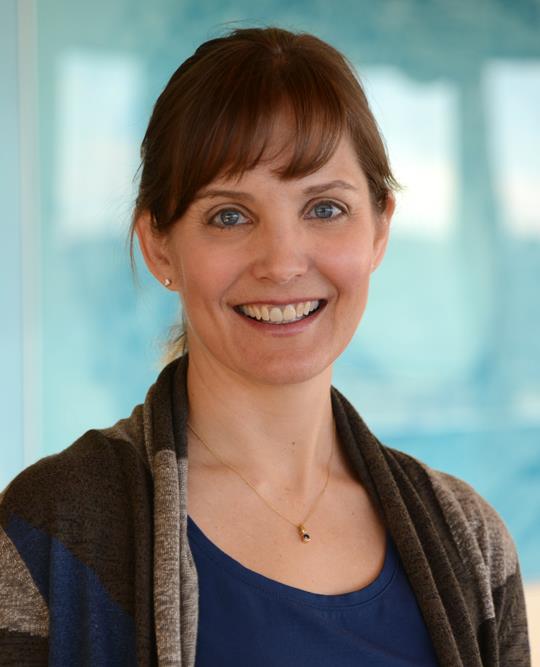
Monica Federico, MD
Pulmonology - Pediatric



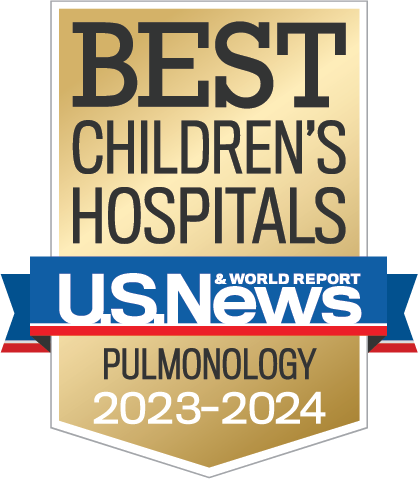 Our experts treat respiratory and sleep disorders from the common to the complex, helping children and families breathe easier.
Our experts treat respiratory and sleep disorders from the common to the complex, helping children and families breathe easier.
